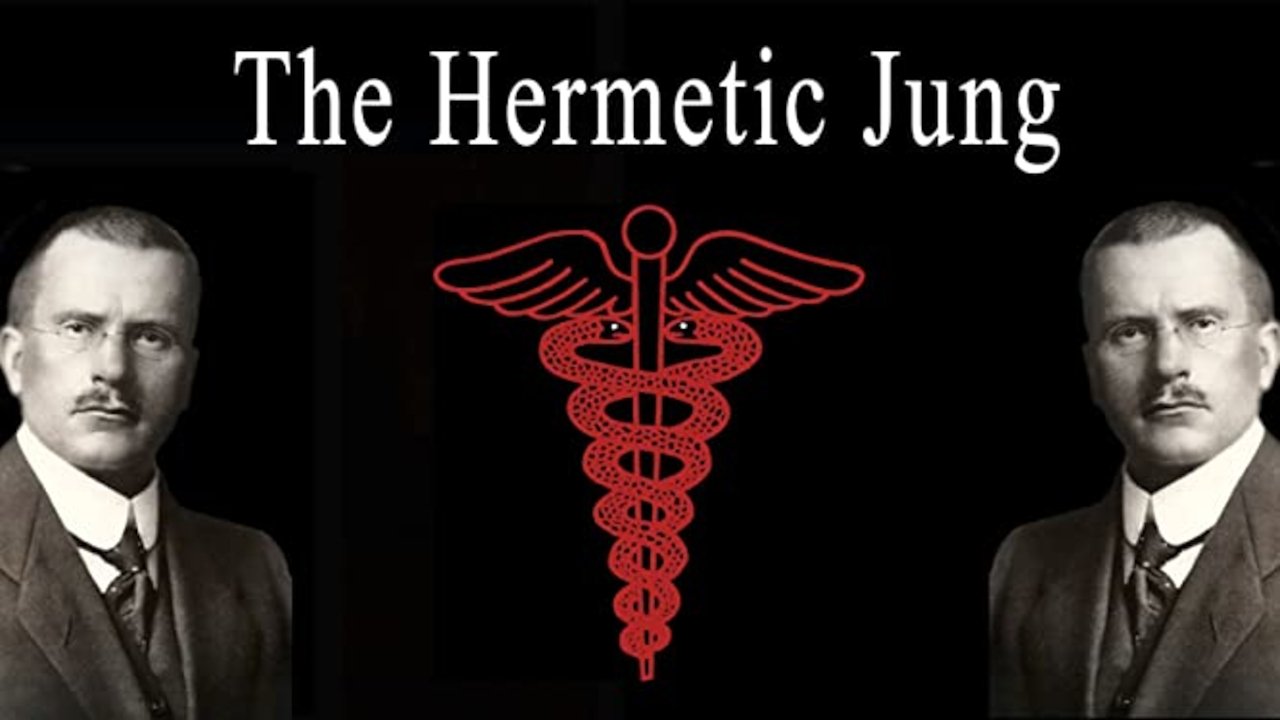
The Hermetic Jung(2016)
Was CG Jung, crown prince of psychotherapy, actually much more? Was he in fact a mystic and an adept of an ancient mystery school?
Acclaimed author Gary Lachman looks at renowned psychoanalyst C.G. Jung's work from an esoteric viewpoint, drawing parallells to the disciplines of mysticism and occultism.
Movie: The Hermetic Jung
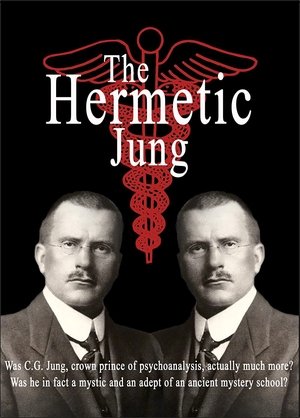
The Hermetic Jung
HomePage
Overview
Acclaimed author Gary Lachman looks at renowned psychoanalyst C.G. Jung's work from an esoteric viewpoint, drawing parallells to the disciplines of mysticism and occultism.
Release Date
2016-03-16
Average
0
Rating:
0.0 startsTagline
Was CG Jung, crown prince of psychotherapy, actually much more? Was he in fact a mystic and an adept of an ancient mystery school?
Genres
Languages:
Keywords
Similar Movies
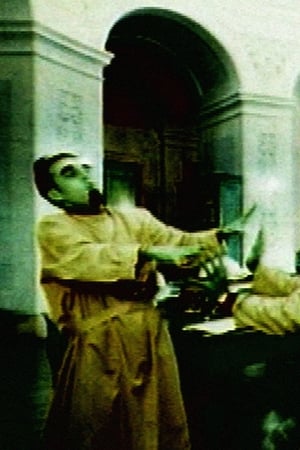 7.0
7.0Manual of Evasion LX94(pt)
“Manual of Evasion LX94” is a thought-provoking Dadaist film about time by the Portuguese director Edgar Pêra. It was shot in Lisbon in 1994 and stars Terence McKenna, Robert Anton Wilson and Rudy Rucker. Time is explored from many unusual angles, while Pêra fills the screen with a wide variety of bizarre and mind-warping imagery.
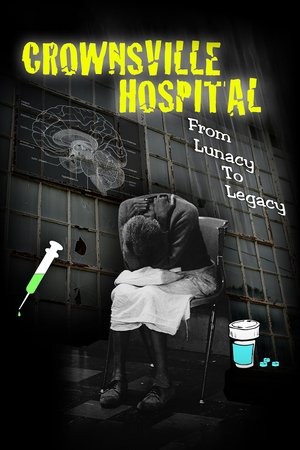 7.2
7.2Crownsville Hospital: From Lunacy to Legacy(en)
Crownsville Hospital: From Lunacy to Legacy is a feature-length documentary film highlighting the history of the Crownsville State Mental Hospital in Crownsville, MD.
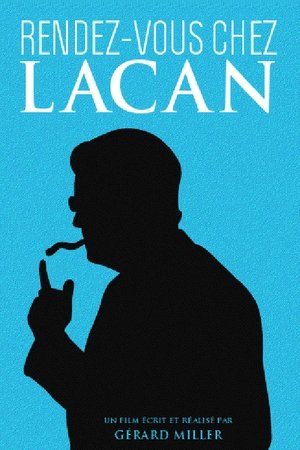 6.7
6.7Rendez-vous chez Lacan(fr)
Do you know Lacan, which many consider as the greatest psychoanalyst since Freud? Beyond the myth, the legends and sometimes, the curses, this film by Gérard Miller allows us to discover his work and his personality, through the testimony of his patients, his students, and also his relatives. Born with the XXth century into an upper-middle-class Catholic family, a psychiatrist by training, with an encyclopaedic knowledge of culture, a friend of Picasso, Levi-Strauss and Sartre, Lacan was a great theoretician, an outstanding practitioner, and he remains the most modern, the most challenging and even the most sulphurous of psychoanalysts. The director Gerard Miller met Lacan thanks to his brother, Jacques-Alain, the most faithful of his students, who married his daughter Judith. Their close and intense relationship makes this film exceptional.
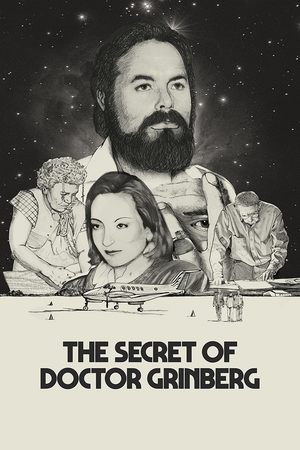 8.9
8.9The Secret of Dr. Grinberg(es)
In the early nineties, Dr. Jacobo Grinberg’s career was blooming and he gained lots of international credit as a researcher in the fields of telepathy and neurophysiology at the Universidad Nacional Autonoma de Mexico. When Dr. Grinberg mysteriously disappears in 1994, the police find no trace of him. The only thing that is clear, is that all his research material, including his computers, disappeared along with him.
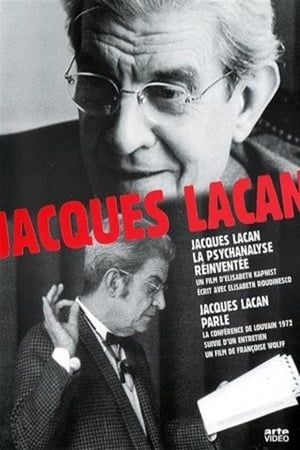 10.0
10.0Jacques Lacan: La Psychanalyse 1 & 2(fr)
In "psychanalyse", a two part documentary, the psychoanalyst Jacques Lacan answers to questions submitted by his son-in-law Jacques-Alain Miller under the direction of Benoit Jacquot. The Office de Radiodiffusion Television Francaise (ORTF, the french public TV) broadcast this program. This documentary and its text became famous because this is the only televisual experience practiced by Lacan. A fair amount is made of the fact that Lacan was renowned for his powers of seduction and what effect this had on transference in the clinical setting. According to some of the interviewees, he could be irresistibly seductive, so much so that some thought him "monster".
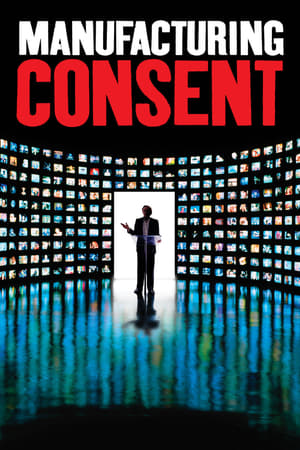 7.6
7.6Manufacturing Consent: Noam Chomsky and the Media(en)
A film about the noted American linguist/political dissident and his warning about corporate media's role in modern propaganda.
 7.3
7.3The Pervert's Guide to Cinema(en)
A hilarious introduction, using as examples some of the best films ever made, to some of Slovenian philosopher and psychoanalyst Slavoj Žižek's most exciting ideas on personal subjectivity, fantasy and reality, desire and sexuality.
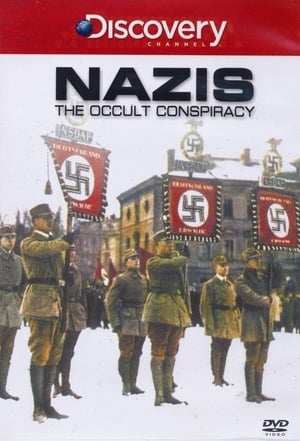 6.1
6.1Nazis: The Occult Conspiracy(en)
This documentary examines how Adolf Hitler and the Nazi regime made use of ancient mysticism, occultism, and mind-control techniques in their efforts to win the war.
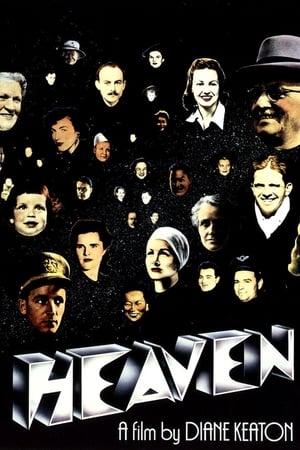 6.3
6.3Heaven(en)
A series of interviews are conducted concerning people's beliefs towards the possibility of an afterlife. The interviews are filmed against a set of strange backdrops, and are intercut with clips from classic films and a variety of stock footage.
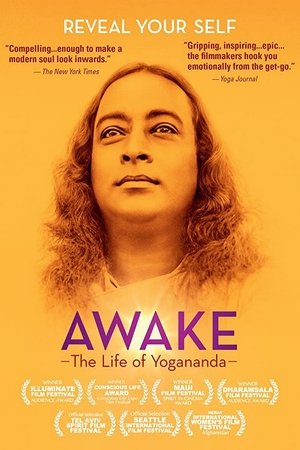 6.8
6.8Awake: The Life of Yogananda(en)
An unconventional biography by Oscar nominee Paola di Florio and Sundance winner Lisa Leeman about Hindu mystic Paramahansa Yogananda who brought yoga and meditation to the West in 1920 and authored the spiritual classic "Autobiography of a Yogi," which became the go-to book for seekers from George Harrison to Steve Jobs.
 8.0
8.0Merton: A Film Biography(en)
In his lifetime, Thomas Merton was hailed as a prophet and censured for his outspoken social criticism. For nearly 27 years he was a monk of the austere Trappist order, where he became an eloquent spiritual writer and mystic as well as an anti-war advocate and witness to peace. Merton: A Film Biography provides the first comprehensive look at this remarkable 20th century religious philosopher who wrote, in addition to his immensely popular autobiography The Seven Storey Mountain, over 60 books on some of the most pressing social issues of our time, some of which are excerpted here. Merton offers an engaging profile of a man whose presence in the world touched millions of people and whose words and thoughts continue to have a profound impact and relevance today.
Jung On Film(en)
This compelling film represents a rare record of an original genius. In Jung on Film, the pioneering psychologist tells us about his collaboration with Sigmund Freud, about the insights he gained from listening to his patients' dreams, and about the fascinating turns his own life has taken. Dr. Richard I. Evans, a Presidential Medal of Freedom nominee, interviews Jung, giving us a unique understanding of Jung's many complex theories, while depicting Jung as a sensitive and highly personable human being.
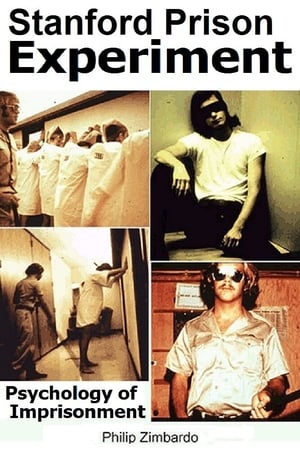 6.2
6.2Stanford Prison Experiment: Psychology of Imprisonment(en)
The Stanford prison experiment was a landmark psychological study of the human response to captivity, in particular, to the real world circumstances of prison life, and the effects of imposed social roles on behaviour. It was conducted in 1971 by a team of researchers led by Philip Zimbardo of Stanford University.
 5.0
5.0Juzo Itami: The Man with 13 Faces(ja)
A documentary about the legendary Japanese filmmaker.
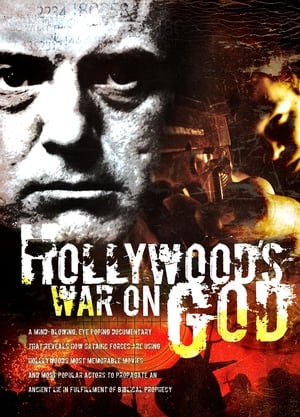 5.0
5.0Hollywood's War on God(en)
A mind-blowing, eye-popping documentary that reveals how satanic forces are using Hollywood's most memorable movies and most popular actors to propagate an ancient lie in fulfillment of biblical prophecy. Learn how these movies are initiating the masses into a Gnostic worldview that will culminate in a "strong delusion" as the world joins Satan and the final Antichrist in their war on God.
 0.0
0.0Jung Speaks of Freud(en)
Carl Gustav Jung interviewed on the subject of 'Sigmund Freud': how Jung met him, how he was influenced by him and where he disagreed with him. Jung talks about word association, Freudian slips, the unconscious, the Oedipus complex, the ego, archetypes, falling in love and more.
Conversation with Myself(en)
Alan Watts talks about our perception of the world, and how we derive metaphysics from it. Watts recorded this video in 1971 as a pilot for a public television series in the United States.
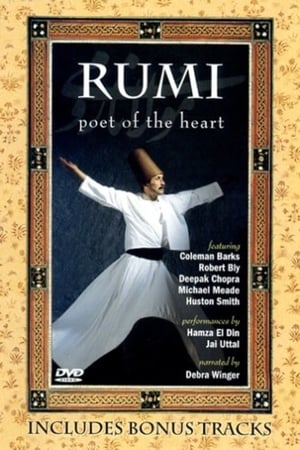 0.0
0.0Rumi: Poet of the Heart(en)
In 1244, Jelaluddin Rumi, a Sufi scholar in Konya, Turkey, met an itinerant dervish, Shams of Tabriz. A powerful friendship ensued. When Shams died, the grieving Rumi gripped a pole in his garden, and turning round it, began reciting imagistic poetry about inner life and love of God. After Rumi's death, his son founded the Mevlevi Sufi order, the whirling dervishes. Lovers of Rumi's poems comment on their power and meaning, including religious historian Huston Smith, writer Simone Fattal, poet Robery Bly, and Coleman Barks, who reworks literal translations of Rumi into poetic English. Musicians accompany Barks and Bly as they recite their versions of several of Rumi's ecstatic poems.
